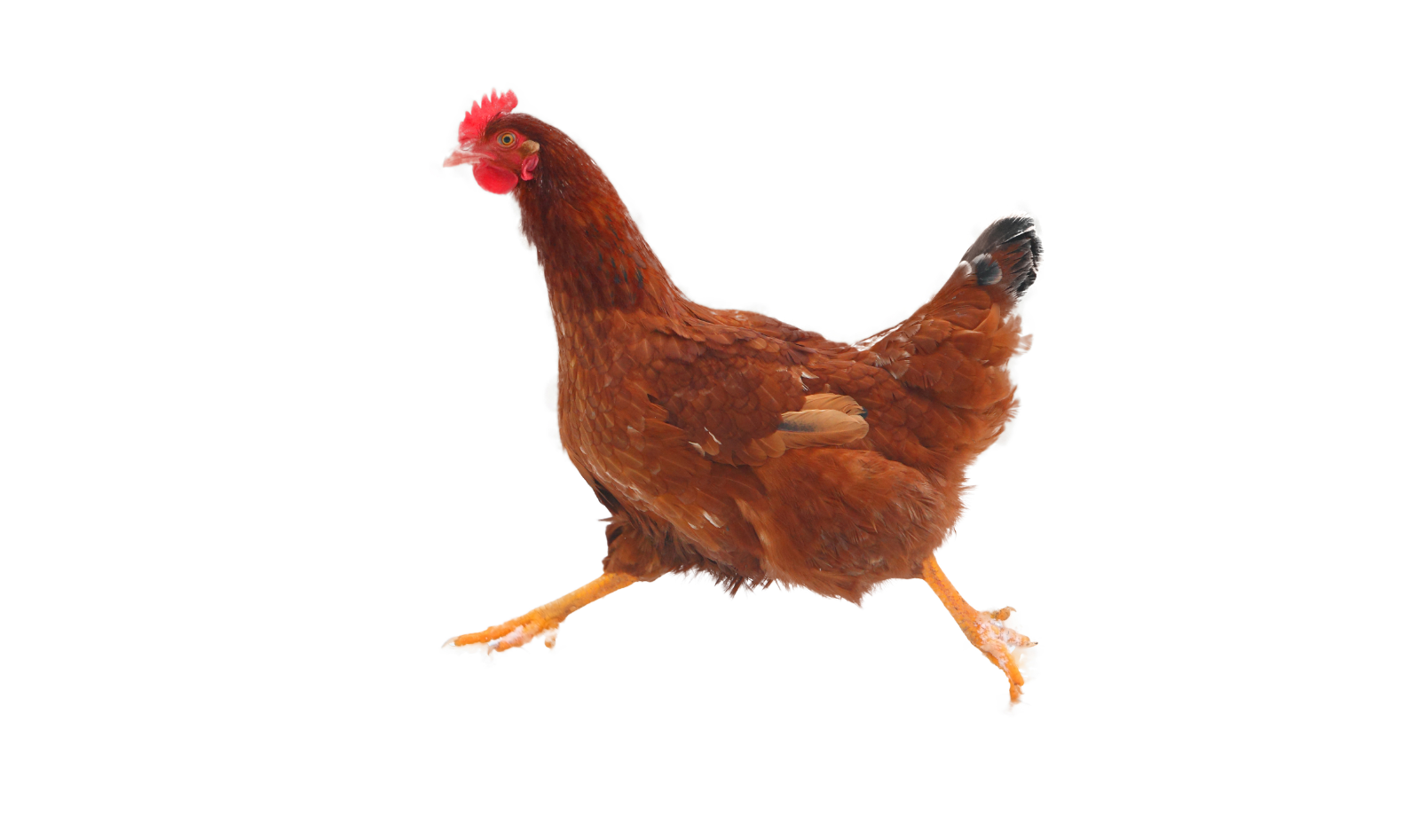Some chickens peck their fellow hens more than others and that is partly genetically determined. Animal breeding company Hendrix Genetics is using Wageningen research to gradually reduce mortality and feather pecking among laying hens.
Hendrix Genetics used to select the cockerels that gave the biggest chance of survival amongst their offspring but these were often the most aggressive cockerels, so mortality tended to be higher rather than lower in subsequent generations. Therefore the breeding company joined forces with Wageningen researchers to examine the indirect factors in survival: how sociable are the offspring of different cockerels and do they attack other members of the group?
In the past, laying hens survived for 80 weeks
At first, Hendrix used breeding value estimates based on genealogical trees. The assumption was that the father and mother provide 50 per cent of the genetic material each. In practice that percentage varies and you don’t know which genes come from which parent. Now the researchers can use genomics. The researchers mapped the DNA of thousands of hens and cockerels and combined this data on genetic differences in the family with the survival score.
100 weeks
The Wageningen PhD candidate Tessa Brinker, who obtained her doctorate on 13 November, used this approach to determine the genetic variation in survival and feathering quality. In hens that survive a long time, 40 per cent is thanks to their own genes — they are strong — and 60 per cent is thanks to their fellow hens in the barn — they aren’t pecked. The fellow hens in the barn account for 90 per cent of the feather quality. Incidentally, genes only have a 20 per cent contribution in how long the hens live: good feed and good management are also important in reducing feather pecking and mortality.Thanks to this combination of genetics, feed and management, progress is being made. ‘In the past, laying hens survived for 80 weeks on average. In 2017 we got up to 100 weeks sometimes, but back then we were still allowed to treat the beak tips. That has been banned since 2019 and now we are seeing a temporary drop in life expectancy because the sharp beaks cause more victims. But eventually the hens will definitely be able to live for more than 100 weeks, in part thanks to this research.’

 Photo: Shutterstock
Photo: Shutterstock